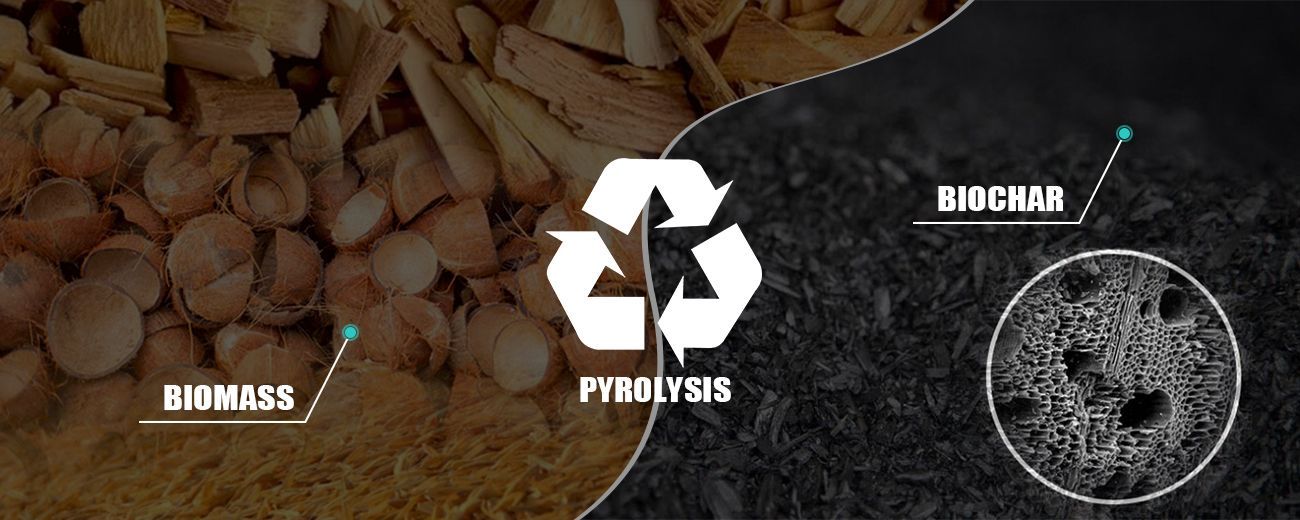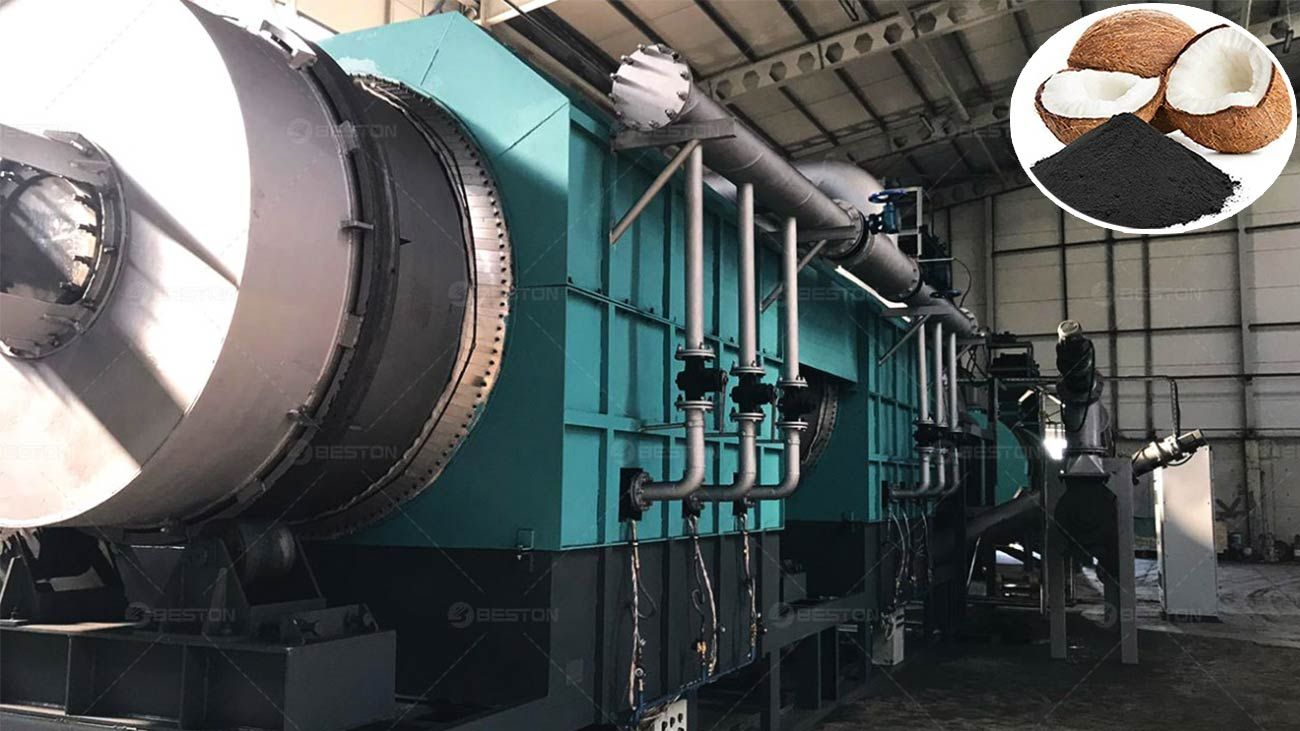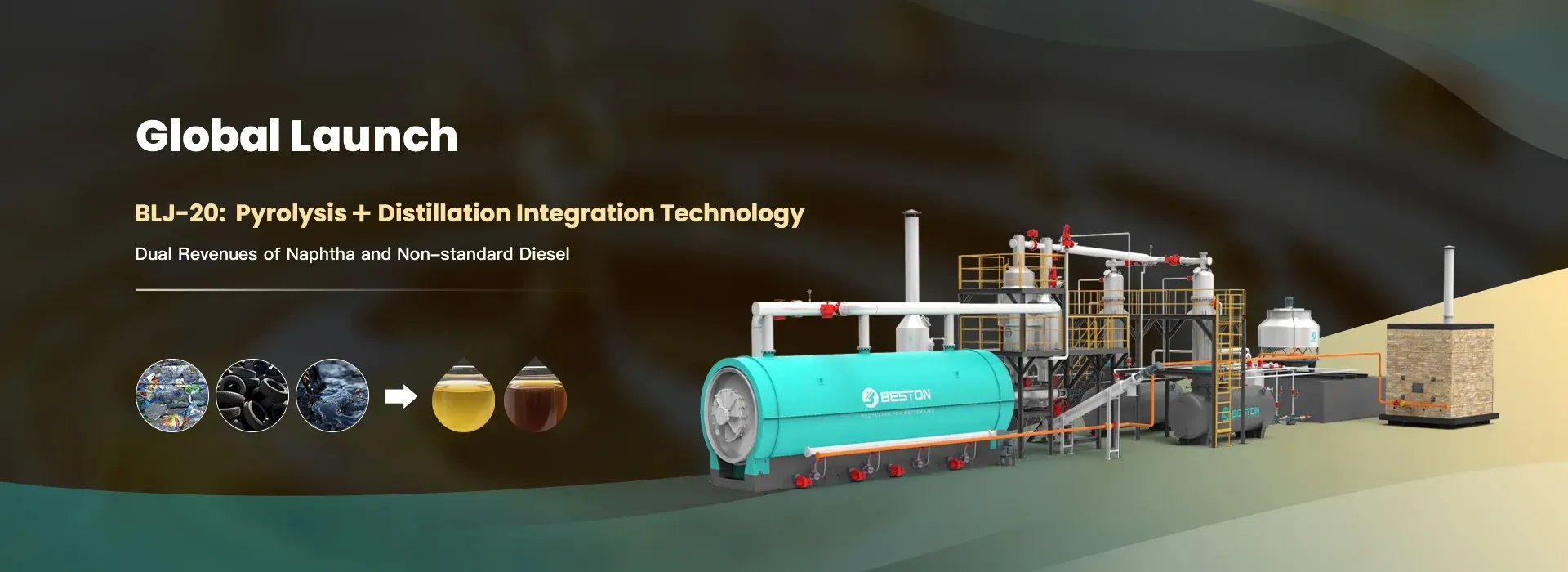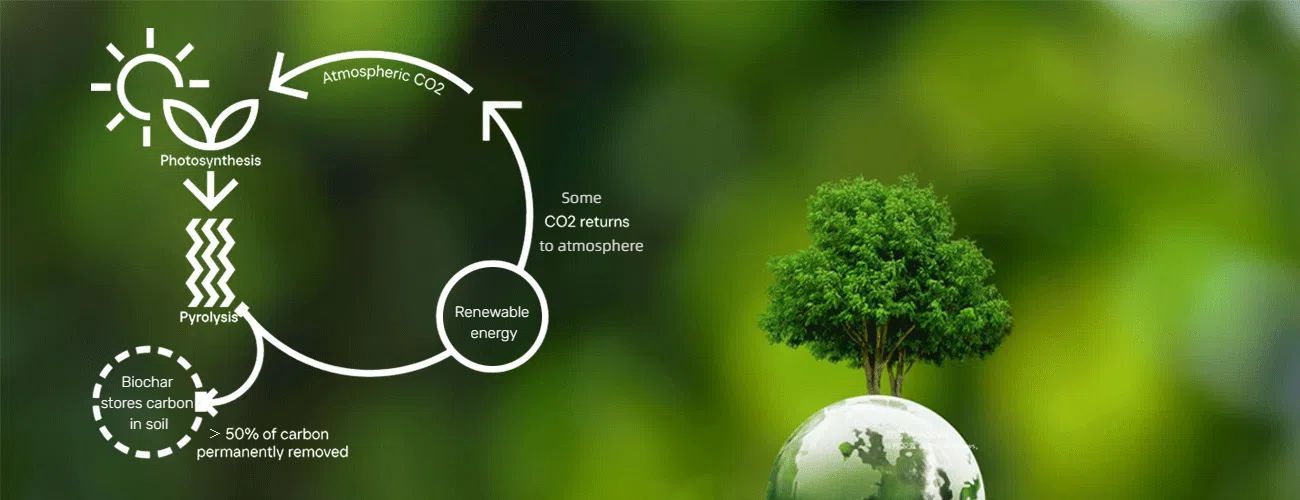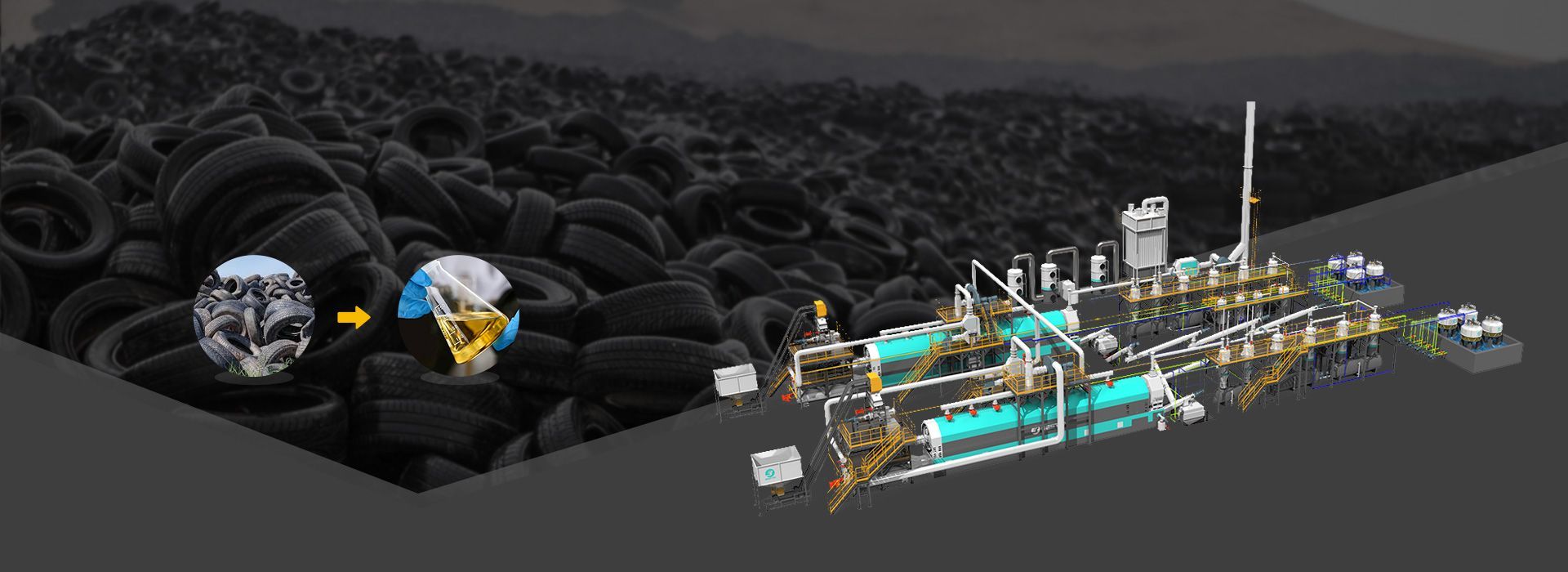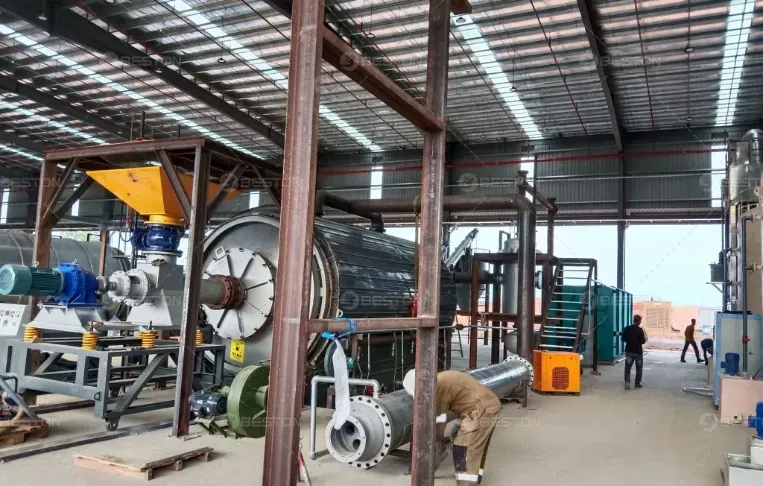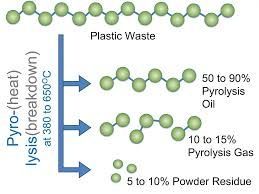A Machine-Based Approach to Produce the EBC Standard Biochar
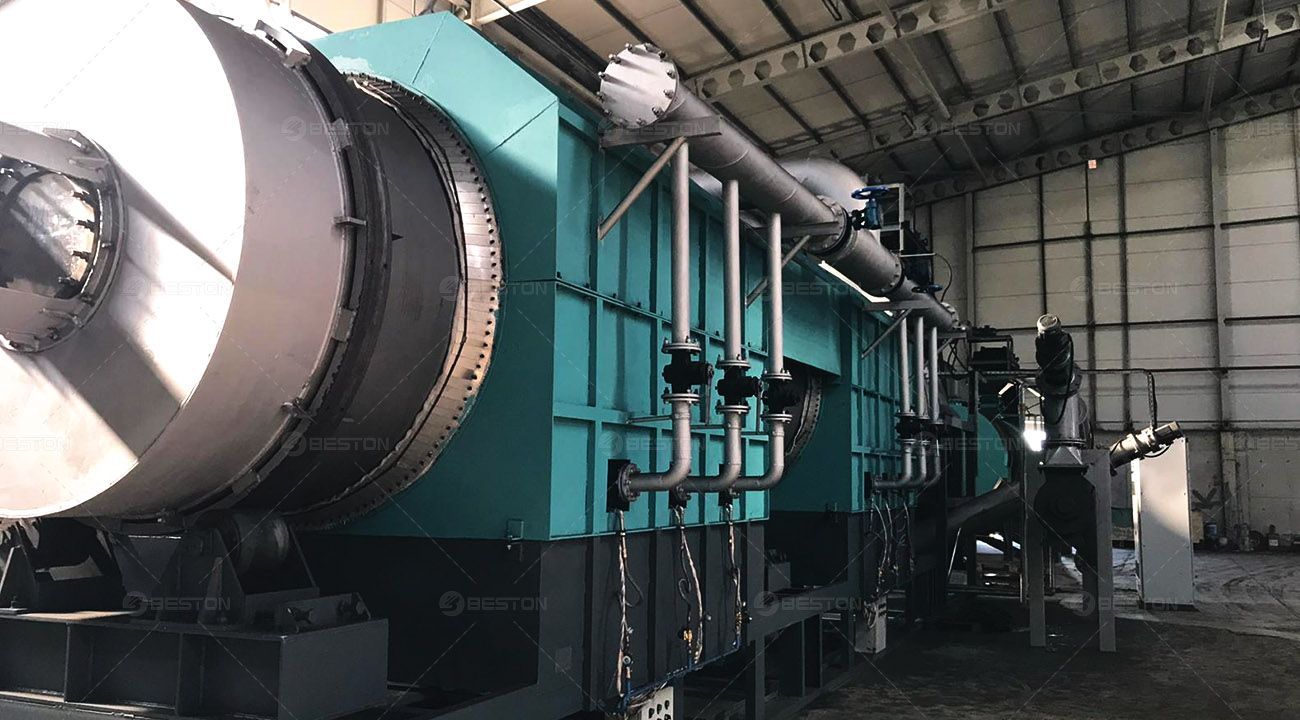
In recent years, the demand for sustainable and eco-friendly carbon products has grown rapidly. Among these, biochar has become an important material for carbon sequestration, soil improvement, and environmental protection. To produce high-quality biochar that meets the European Biochar Certificate (EBC) standards, modern wood charcoal making machines play a vital role.
From Wood Waste to Biochar
A wood charcoal making machine, also known as a biomass pyrolysis machine, converts organic materials—such as wood chips, sawdust, or forestry residues—into charcoal through pyrolysis. This process occurs in a high-temperature, oxygen-limited environment. Instead of burning, the biomass undergoes a thermal decomposition, resulting in three main products:
- Biochar (solid carbon)
- Wood vinegar and tar (liquid by-products)
- Syngas (combustible gas for energy recovery)
By utilizing waste biomass, this process not only creates valuable carbon products but also reduces greenhouse gas emissions.
Meeting EBC Standards
The EBC (European Biochar Certificate) sets strict criteria for biochar quality, environmental safety, and sustainable production. To produce EBC-certified biochar, several aspects must be controlled:
- Feedstock purity: Only clean, untreated biomass can be used.
- Temperature range: Pyrolysis typically must occur between 400–700°C, depending on the desired biochar characteristics.
- Emission control: Modern systems include gas cleaning units and condensers to ensure low emissions and safe handling of by-products.
- Carbon content and stability: EBC biochar requires a high fixed carbon ratio and long-term stability in soil.
Advanced wood charcoal making machines with precise temperature control and closed-loop systems help meet these requirements consistently.
The Future of Biochar Production
As global attention to carbon neutrality and sustainable agriculture increases, the demand for certified biochar will continue to rise. Wood charcoal making machines, with continuous technological improvements, are becoming more efficient, automated, and environmentally friendly. They are essential tools for bridging traditional biomass utilization and modern carbon-negative solutions.
Producing EBC-certified biochar is more than just a technical process—it is part of a larger movement toward sustainable production and carbon management. With advanced wood charcoal making machines, industries can transform biomass waste into a valuable resource that benefits both the economy and the environment.
